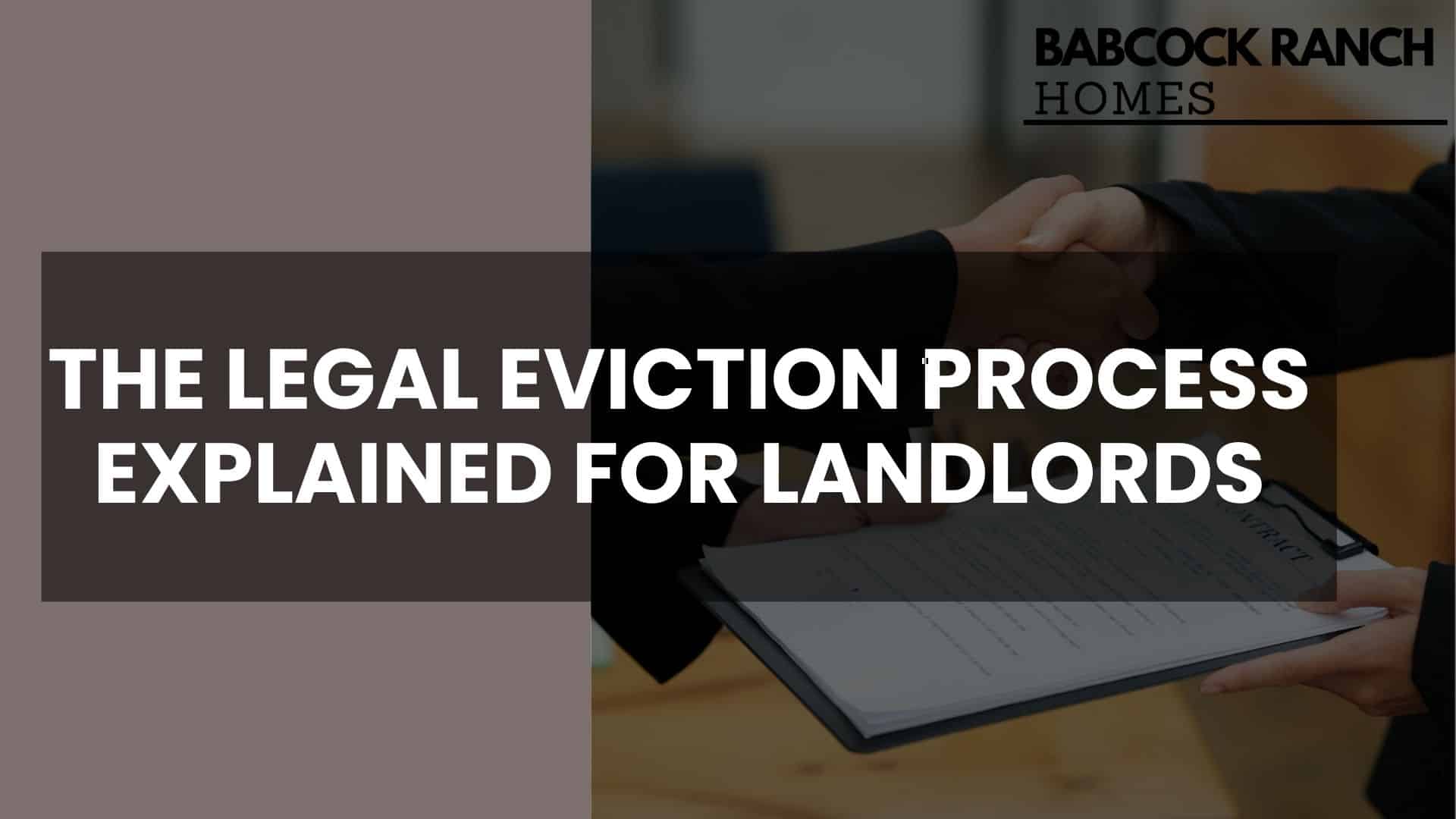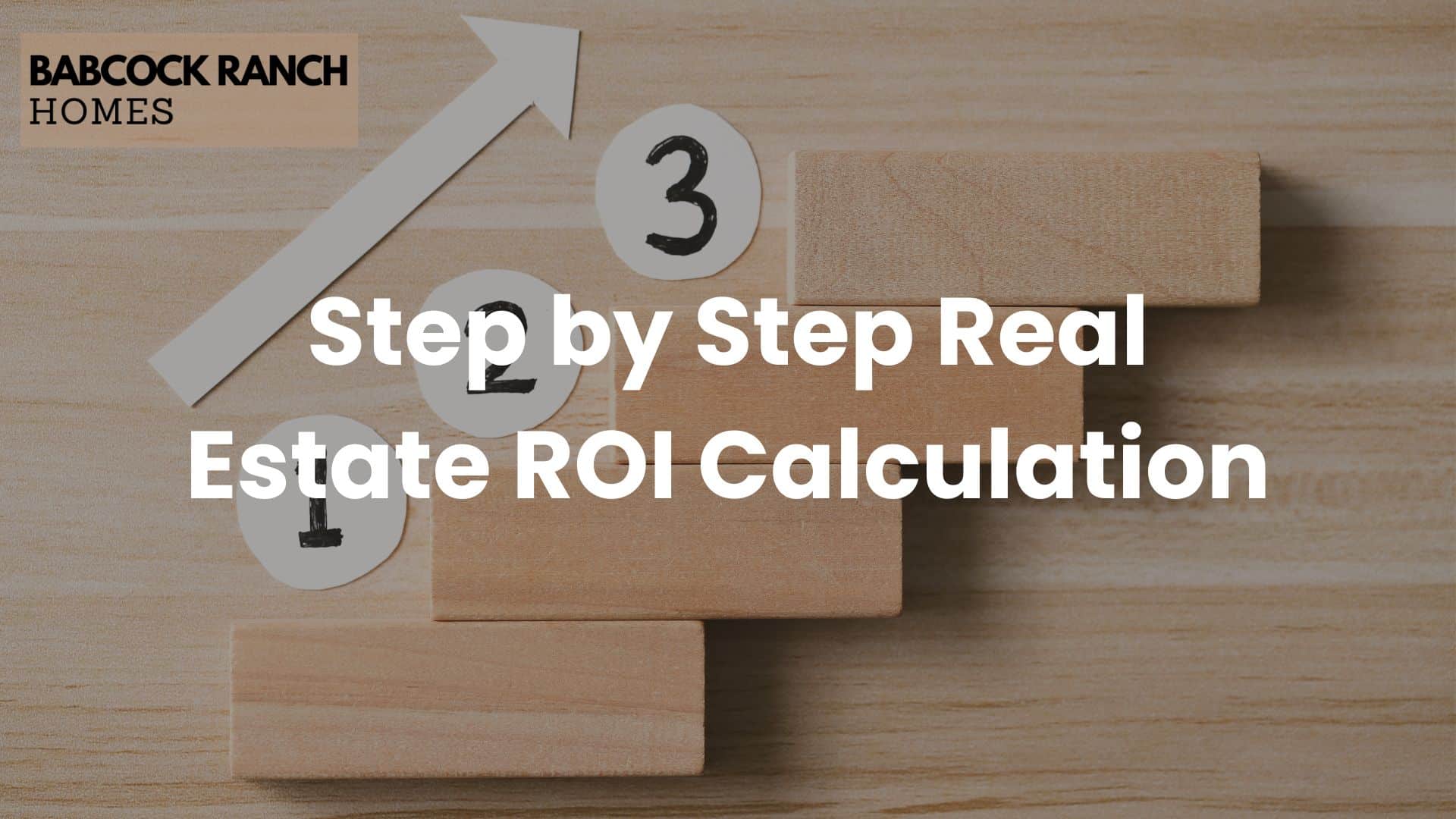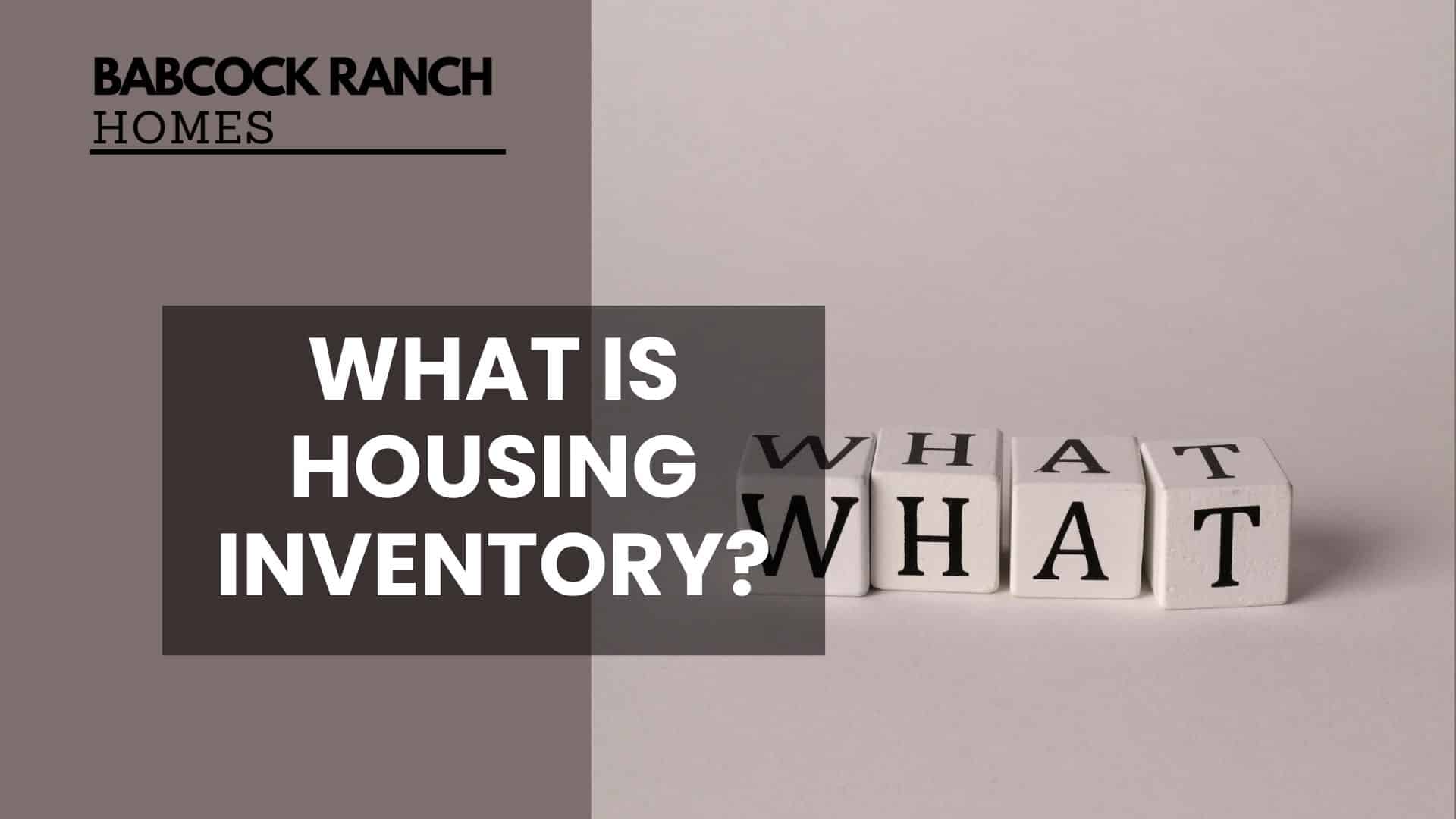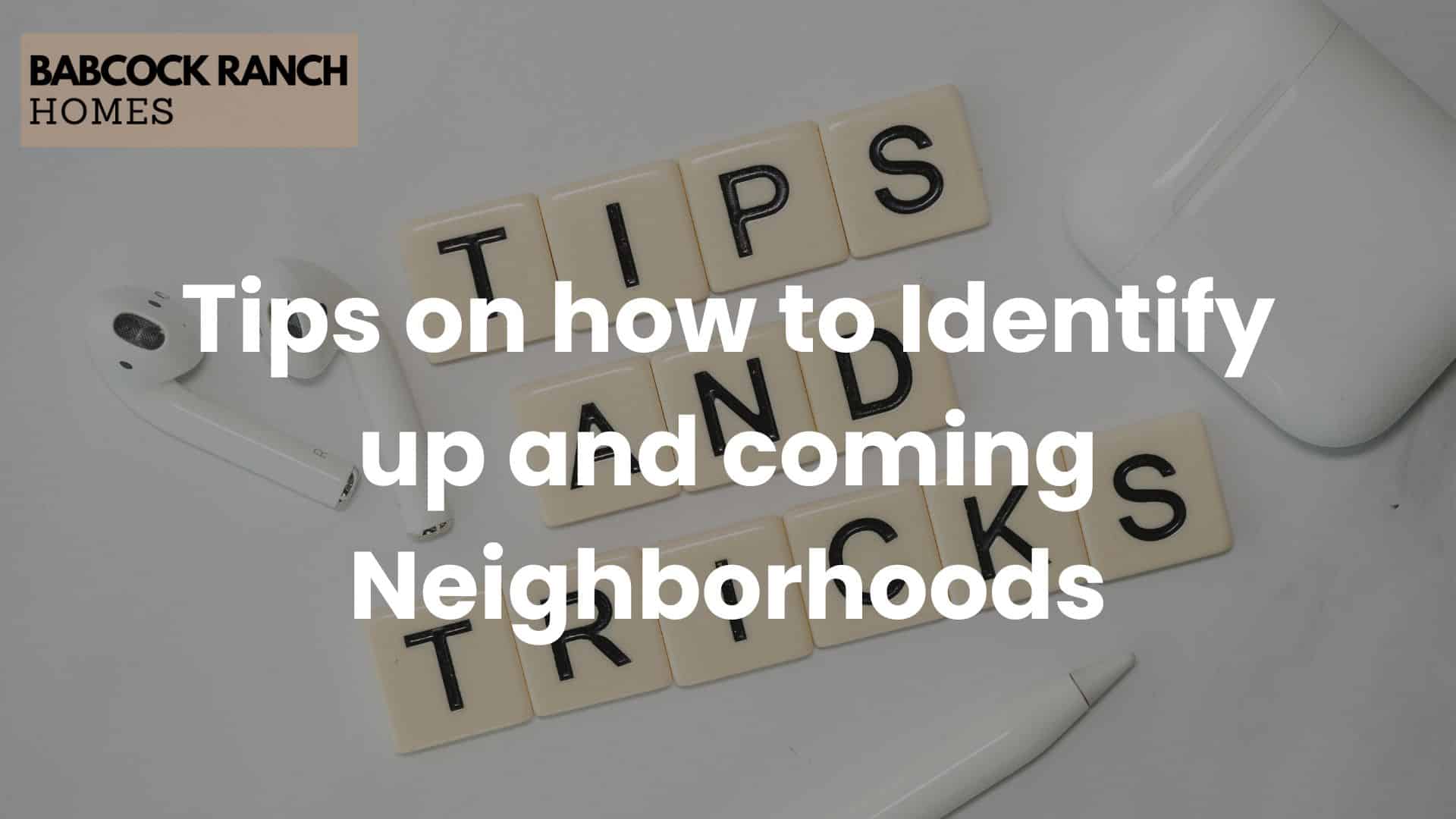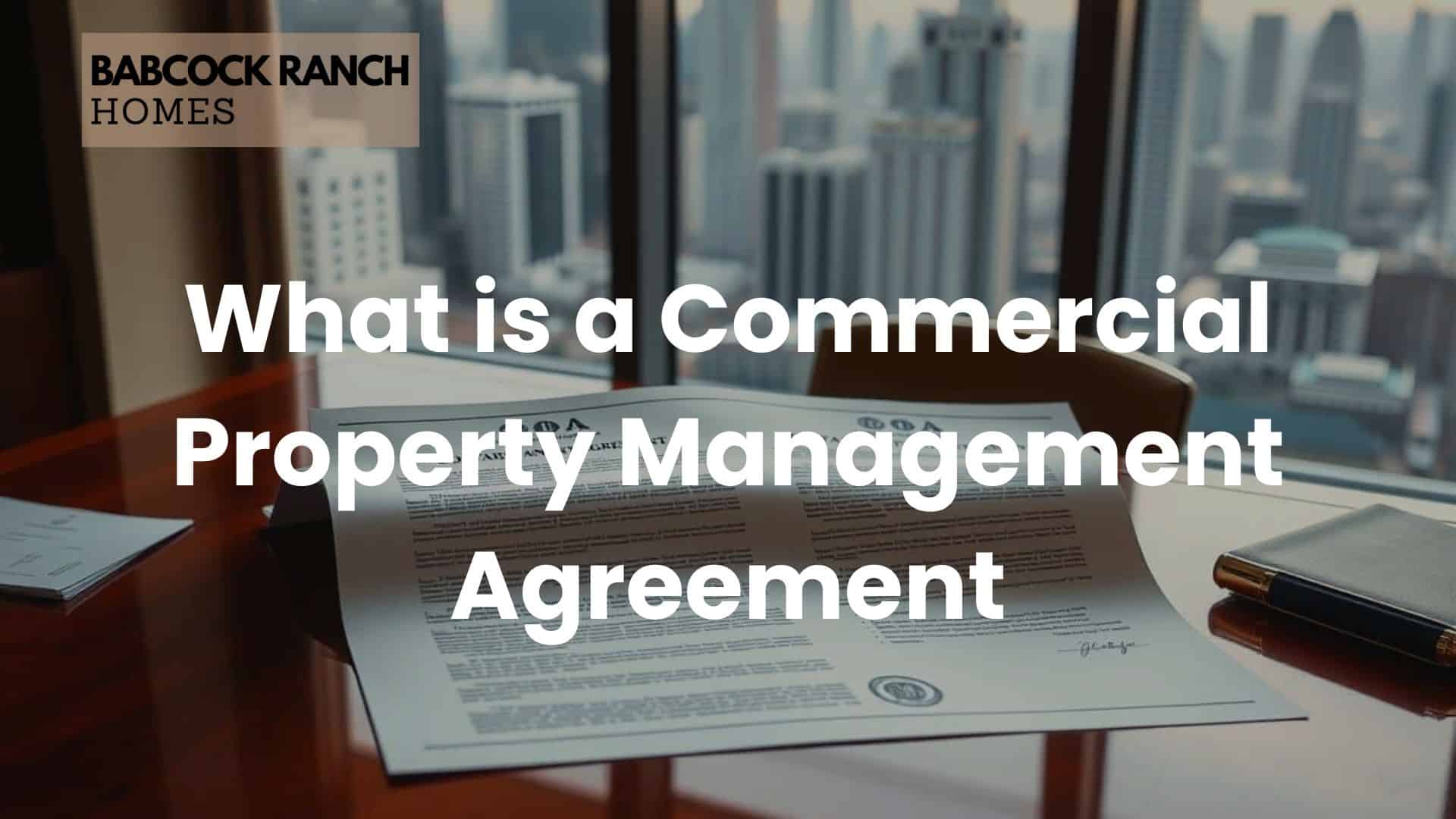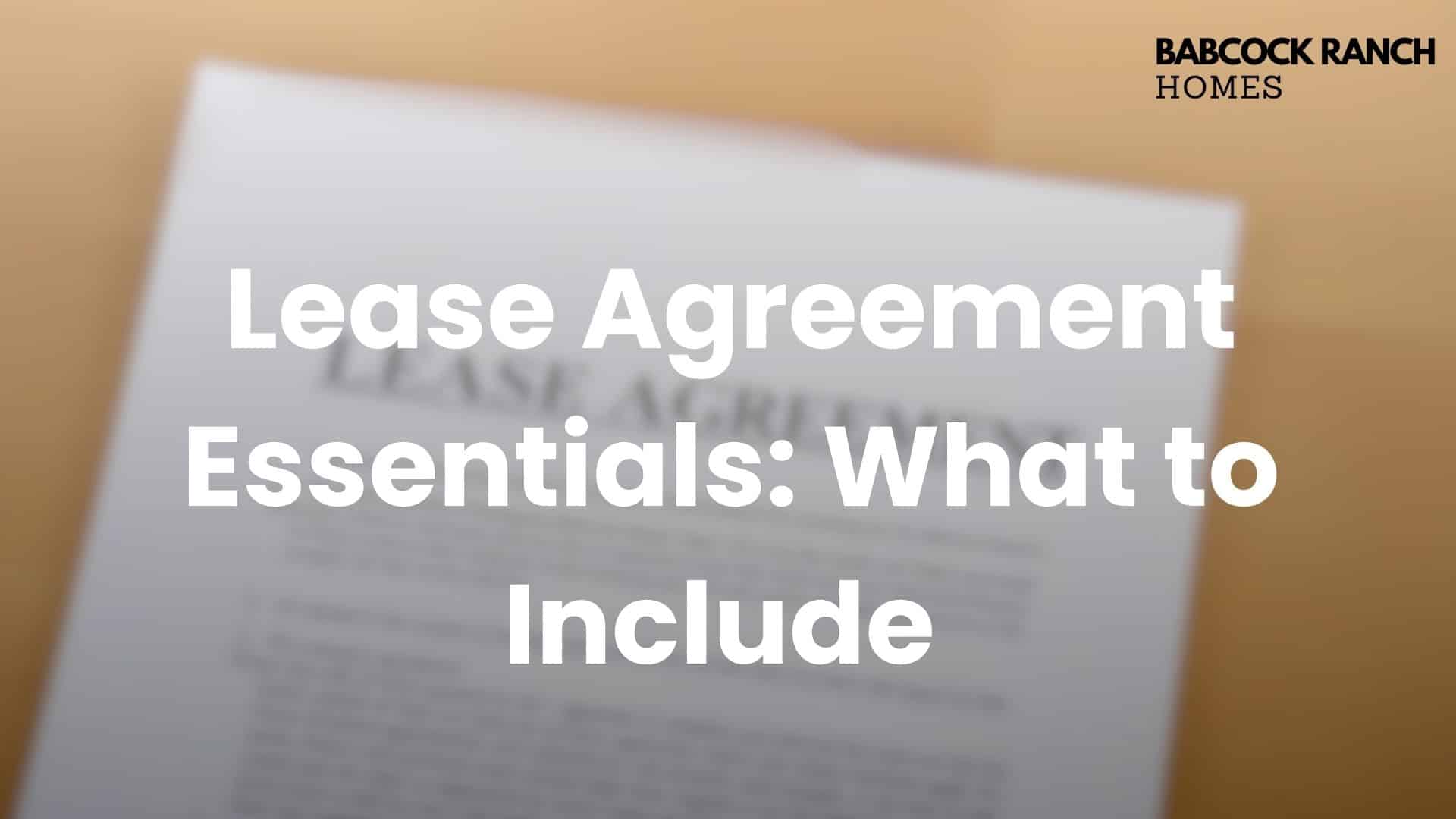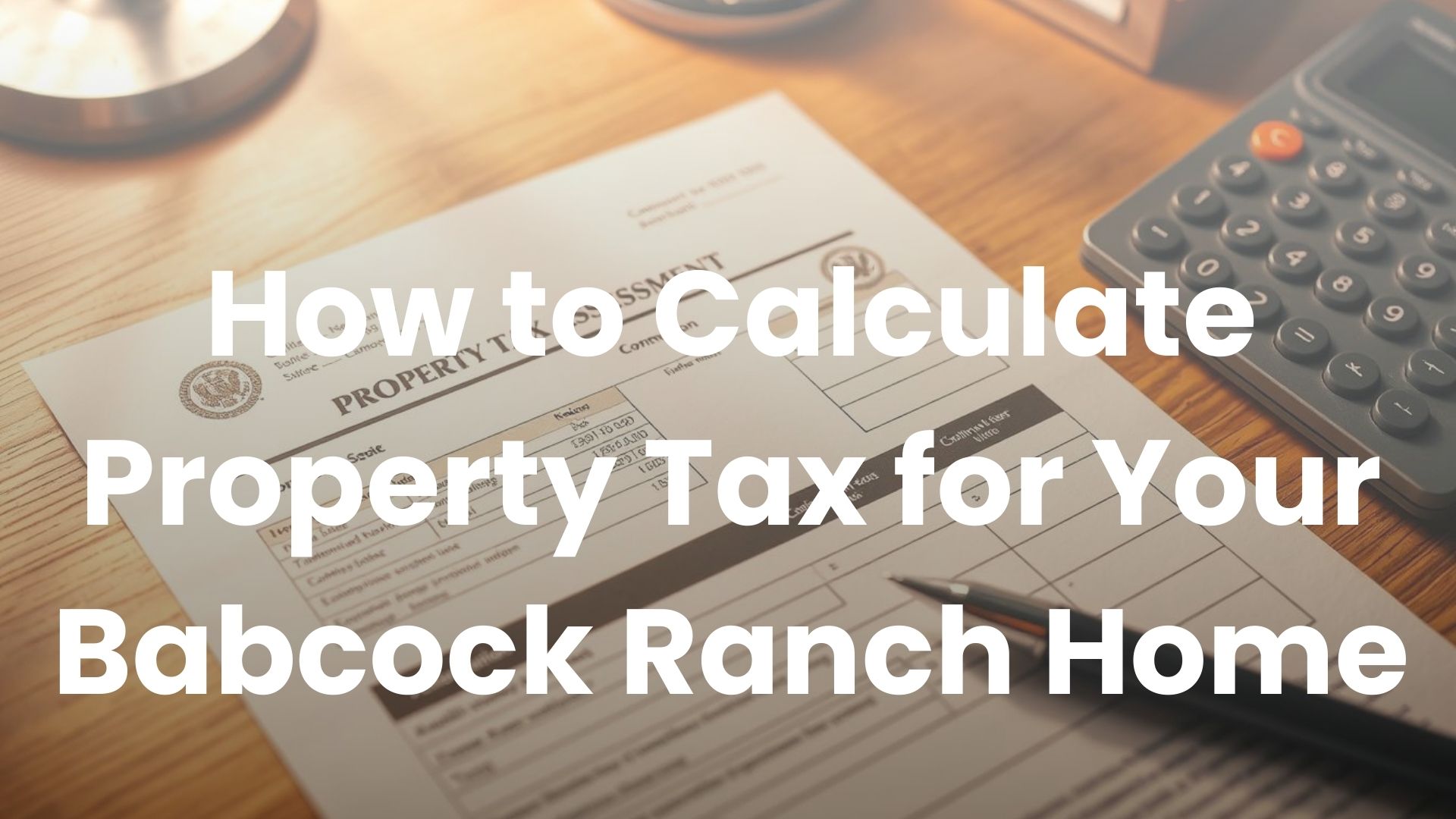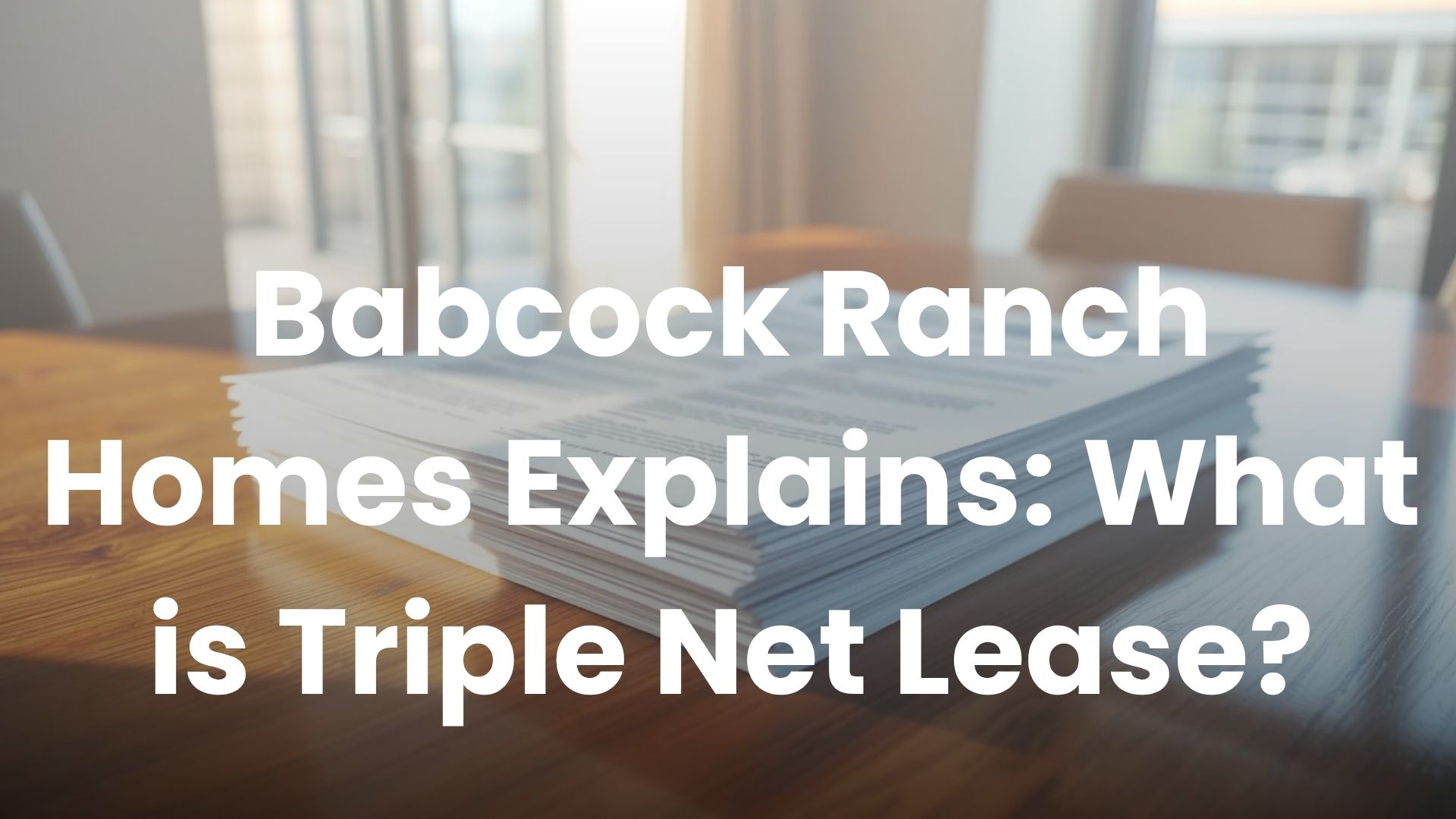Real estate financing can be tricky, and traditional mortgages might not work for everyone. A land contract is a different way to buy property. It offers chances for both buyers and sellers at Babcock Ranch Homes.
A land contract is more than just a purchase deal. It’s a way to buy real estate through payments directly to the seller. This method is great for those who can’t get a mortgage the usual way.
Land contracts mean the buyer and seller deal directly. The buyer gets to own the property while paying for it. This is a big plus for those looking to own a home without going through banks.
Key Takeaways
- Land contracts offer an alternative path to property ownership
- Sellers act as direct lenders in the transaction
- Buyers can often qualify more easily than with traditional mortgages
- Payment terms are typically more flexible
- Legal protections vary by state
- Risk assessment is key for both parties
Understanding Land Contracts: A Basic Overview
Land contracts are a unique way to buy property, different from traditional mortgages. They offer flexible options for both buyers and sellers. This method of buying property is quite different from getting a mortgage.

A land contract is a legal deal where the seller finances the buyer’s purchase. This method avoids traditional banks. Buyers usually make payments for three to five years, then a big balloon payment is due.
Core Purpose of Land Contracts
The main goals of land contracts are:
- Helping people with bad credit buy homes
- Making property sales faster
- Offering flexible payment plans
- Allowing property transfers without bank loans
Key Components of Land Contracts
Land contracts have key parts that shape the deal:
| Component | Description |
|---|---|
| Purchase Price | The agreed-upon property value |
| Down Payment | The initial payment, often lower than mortgages |
| Interest Rate | Usually higher than mortgage rates |
| Payment Schedule | Regular payments with a big final payment |
Historical Context and Modern Usage
Land contracts have grown from old seller-financing ways to a key property deal option. Types of land contracts have grown, showing changes in the real estate market and what buyers want.
These deals are great for buyers who can’t get traditional loans. About 20-30% of land contract buyers choose this path to own a home.
What Is a Land Contract
A land contract is a special way to buy property. It helps people who can’t get a bank loan. Buyers and sellers make a deal directly, skipping the bank.
This deal lets the seller finance the sale to the buyer. It’s different from a mortgage. It’s for those who can’t meet bank standards.
- Ideal for buyers with limited credit history
- Provides an alternative to traditional bank financing
- Allows property purchase without standard mortgage qualifications
In places like Michigan, land contracts are common. In Detroit, they’re a big help. They let people own homes when banks say no.
What makes a land contract special includes:
- Direct seller financing
- Negotiable payment terms
- Potential for faster property acquisition
- More flexible credit requirements
The buyer gets equitable title during the contract. They get full title when they pay off the contract. It’s good for sellers and buyers alike.
Land contracts transform real estate transactions by creating personalized, mutually beneficial purchasing strategies.
Before jumping in, buyers should check their finances. They should also get advice. This helps them understand the deal’s terms.
Traditional vs. Wraparound Land Contracts
Understanding land contracts means knowing the difference between traditional and wraparound agreements. These contracts offer unique ways to buy property. They can help both buyers and sellers in various situations.
There are two main types of land contracts: traditional and wraparound. Each has its own features that affect how you own and finance property.
Features of Traditional Land Contracts
Traditional land contracts give sellers important legal rights. Key points include:
- Seller keeps legal title until payment is complete
- Buyers have equitable title while paying
- It takes longer to fully own the property
- This method is more cautious about transferring property
Understanding Wraparound Agreements
Wraparound land contracts offer a quicker way to own property. They are great for buyers who want to own sooner.
- Buyers get a warranty deed right away
- Sellers keep paying their mortgage
- Buyers pay sellers directly
- There’s a higher risk for both sides
Legal Distinctions Between Types
The rules for traditional and wraparound contracts are different. Buyers need to think about:
- How long it takes to transfer ownership
- The financial risks involved
- The legal safeguards for both sides
- The chance to convert the mortgage later
Choosing the right contract depends on your financial situation, how much risk you can take, and your goals for owning property.
The Legal Framework of Land Contracts
Understanding land contracts involves knowing state laws and detailed documents. Laws about land contracts vary a lot, making it tricky for buyers and sellers.
The legal side of land contracts has key parts to keep both sides safe:
- State-specific regulatory requirements
- Documentation and registration protocols
- Risk mitigation strategies
- Contractual transparency guidelines
Buyers need to know that land contract rules change a lot by state. Important legal points include:
- Disclosure obligations for sellers
- Property title transfer mechanisms
- Default and foreclosure procedures
- Tax and insurance responsibilities
Land contracts come with financial risks. Buyers often pay more interest and don’t own the property right away. It’s wise to have a lawyer check the contract for any problems.
| Legal Aspect | Buyer Implications | Seller Protections |
|---|---|---|
| Title Retention | No legal ownership until final payment | Maintains property control during contract |
| Default Consequences | Potential forfeiture of previous payments | Right to reclaim property |
| Tax Responsibilities | Often responsible for property taxes | Initial tax liability remains with seller |
To do well with land contracts, you need to know the law well and get help from experts. This helps keep both sides’ money safe.
Essential Elements of a Land Contract Agreement
Buying land on contract needs a deep understanding of key parts that protect both sides. These agreements outline the financial and legal sides of the deal.

A good land contract helps buyers own property even if they can’t get a traditional loan. It includes important parts that set the deal’s terms.
Purchase Price and Payment Terms
The heart of a land contract is its money side. It has:
- Total purchase price of the property
- Down payment amount (usually 5-20% of the purchase price)
- Monthly payment schedule
- Interest rate calculation
“A land contract provides an alternative route to homeownership for those with limited financing options.”
Interest Rates and Duration
Land contracts usually have higher interest rates than regular mortgages. In Michigan, the highest rate allowed is 11%. The time to pay off the contract can be short or very long, from a few years to decades.
Default Provisions
Land contract rules have important default parts to protect the seller. They cover:
- What happens if payments are missed
- How to take back the property
- Keeping previous payments
- Legal steps the seller can take
Buyers should look closely at these parts to know their duties and risks in buying land on contract.
Rights and Responsibilities of Buyers
Buying land on contract is different from traditional mortgages. It comes with its own set of rights and duties. Knowing these is key to a smooth transaction.
Buyers in a land contract have equitable title. This means they have some rights but not full ownership. This unique status comes with its own set of expectations:
- Responsible for property maintenance and repairs
- Obligated to pay property taxes and insurance
- Required to make consistent monthly payments
- Must maintain the property’s condition
Money matters a lot in land contracts. Buyers usually put down 5% to 10% of the property’s value. Interest rates can be high, sometimes up to 18%. This is because sellers take on more risk by financing the deal.
“Land contracts offer an alternative path to homeownership for those struggling with traditional financing methods.”
There are risks to consider. Payments on land contracts don’t usually go on your credit report. If you default, you could lose all your money. The contract usually lasts three to five years, ending with a big payment.
It’s important to know what you’re getting into when buying land on contract. Reviewing the contract carefully, being financially ready, and committing long-term are all key to success.
Seller Obligations and Protections

Selling land via contract comes with many legal and financial duties for sellers. Knowing the details of land contract laws is key. It helps sellers safeguard their investments and handle risks.
Sellers have specific rights and duties in land contracts. The law gives them important protections. These ensure their financial well-being during the deal.
Title Retention Rights
Sellers keep big advantages with title retention in land contracts. They hold the legal title until the buyer pays off the contract. This gives them strong protection against buyer defaults.
- Retain legal ownership until full payment
- Control property transfer process
- Ability to reclaim property if buyer fails to meet contract terms
Payment Collection Process
Collecting payments is key when selling land via contract. Sellers need to set up clear payment plans. This protects their financial interests.
| Payment Collection Strategy | Key Considerations |
|---|---|
| Direct Monthly Payments | Consistent income stream |
| Recorded Payment Tracking | Legal documentation protection |
| Late Payment Penalties | Financial risk mitigation |
Property Maintenance Requirements
Land contract laws often require sellers to handle maintenance. About 25% of land contract buyers say properties need major repairs. It’s vital to have clear maintenance rules.
Sellers should make detailed maintenance guidelines. This helps both parties. Clear rules prevent disputes and keep property value high.
Land Contract vs Traditional Mortgage Comparison
Understanding the differences between land contracts and traditional mortgages is key. These options help buyers with different financial situations. Each offers a unique way to buy a home.
A land contract is a good choice for those with credit issues. About 30% of buyers who can’t get a traditional mortgage might find success here. It’s a flexible way to finance a home.
- Ownership Structure: The seller keeps the title until paid in full. The buyer has equitable title.
- Financing Flexibility: Land contracts are easier to qualify for than bank mortgages.
- Payment Terms: Payments are shorter and might include a balloon payment.
Financial aspects of land contracts and mortgages are quite different. Traditional mortgages often require:
- Down payments of 10-20% of the purchase price
- Credit scores above 620 for better rates
- Private mortgage insurance for down payments under 20%
Land contracts, on the other hand, offer more flexible terms. Sellers can set interest rates, which might be higher. This can lead to higher monthly payments and shorter loan terms. It’s a risk that buyers need to weigh carefully.
Buyers must think carefully about their financial situation. Land contracts can be a path to owning a home, but they come with risks. It’s important to understand these risks and consider them carefully.
Financial Considerations and Requirements
Buying land on contract is different from regular real estate deals. It needs careful financial planning and a grasp of special financing setups.

Understanding land contracts’ financial side requires looking at several key areas:
Down Payment Structures
Down payments for land contracts can change a lot from what you see in mortgages. Buyers should get ready for:
- Flexible down payment percentages
- 10-35% range, depending on the property
- Negotiable terms between buyer and seller
Interest Rate Determination
Interest rates for land contracts can shift more than regular mortgage rates. Sellers often set rates based on individual risk assessment and market conditions. Important factors include:
- Buyer’s credit history
- Property value
- Contract duration
- Current market rates
Payment Schedules
Payment plans for land contracts can be more flexible than mortgages. You might see:
- Fixed monthly payments
- Balloon payment options
- Custom payment plans
Those looking into land contracts should know they’re a chance for people who can’t get regular financing. They offer a way to own property with shorter terms and special payment plans.
Property Transfer and Ownership Details

Understanding property transfer in land contract homes is key. Selling land via contract is different from regular real estate deals.
In a land contract, buyers don’t get the property’s legal title right away. They get equitable title, which lets them own the property fully after all payments are made.
- Buyers hold equitable title during the contract period
- Legal title stays with the seller until all payments are made
- Full ownership is transferred after the last payment
When selling land via contract, both parties have important things to think about:
| Ownership Stage | Buyer Rights | Seller Rights |
|---|---|---|
| Initial Contract | Occupy property | Retain legal title |
| Partial Payment | Build equity | Collect payments |
| Full Payment | Receive legal title | Transfer complete ownership |
Legal documents are vital when selling land via contract. They protect both the buyer and seller. The contract must clearly state when full ownership will be given.
Buyers should know their rights are limited until they’ve paid off the contract. This could mean they can’t sell or refinance the property until they have legal title.
Risk Assessment for Buyers and Sellers
It’s important to know the pros and cons of land contracts for buyers and sellers. A land contract is a special way to buy property. It involves risks for both sides.
Buyers should be aware of these risks:
- Potential loss of invested funds if contract terms are not met
- Lack of immediate property ownership
- Vulnerability to seller’s financial instability
- Possible higher interest rates compared to traditional mortgages
Sellers also face challenges:
- Risk of buyer defaulting on payments
- Complicated legal process for property repossession
- Potential property value fluctuations
- Extended financial commitment
Statistical insights reveal the complexities of land contracts. In Minnesota, for example, contracts for deed dropped from about 2,500 in 2012 to around 1,500 in 2020. This shows the market’s ups and downs.
Experts say to talk to a real estate attorney before signing a land contract. This way, you’ll know the risks and what you can do to protect yourself.
To do well with land contracts, you need to do your homework. Plan your finances carefully. And make sure you understand your duties and the possible problems that could come up.
Converting Land Contracts to Traditional Mortgages
Switching from a land contract to a traditional mortgage is a smart financial step. It helps buyers use their land contract experience to get more conventional financing.
Those thinking about making this change need to know the key points. Understanding the differences between land contracts and mortgages is important. It affects your financial future a lot.
Refinancing Options
Refinancing a land contract means looking at many financial details. Buyers should look at different ways to get a traditional mortgage:
- Improve credit score through consistent land contract payments
- Accumulate sufficient equity in the property
- Save for a down payment
- Document stable income and employment history
Qualification Requirements
To switch to a traditional mortgage, you need to meet certain requirements:
- Minimum credit score of 620
- Debt-to-income ratio under 43%
- Proof of consistent payment history
- Sufficient property appraisal value
Timing Considerations
The right time to refinance is very important. Strategic planning helps buyers make the best choice:
| Timing Factor | Impact |
|---|---|
| Payment History Length | Longer consistent payments improve approval chances |
| Credit Score Improvement | Wait until score meets traditional lending standards |
| Market Interest Rates | Refinance when rates are favorable |
Changing from a land contract to a traditional mortgage needs careful planning. It also requires discipline and the right timing. Buyers should talk to mortgage experts to get through this complex process well.
Conclusion
Land contracts offer a unique way for people to buy homes when traditional loans are hard to get. In 2022, about 1.4 million Americans chose this path. Knowing about land contracts is key for those looking for flexible ways to buy property.
The good and bad of land contracts show it’s a complex financial choice. A big 88% of those who used land contracts ended up owning a home. And 87% said they were happy with their choice. This option is great for people with bad credit, helping them buy homes worth less than $150,000.
If you’re thinking about land contracts, getting expert advice is important. Babcock Ranch Homes suggests looking at contract details, understanding risks, and talking to lawyers. You can reach our team at 518-569-7173 for help with land contract issues and making smart real estate choices.
Land contracts are a creative way to own a home, balancing ease of access with financial risks. Doing your homework, getting professional help, and knowing the agreement well are essential. This way, you can use this alternative financing method wisely.


